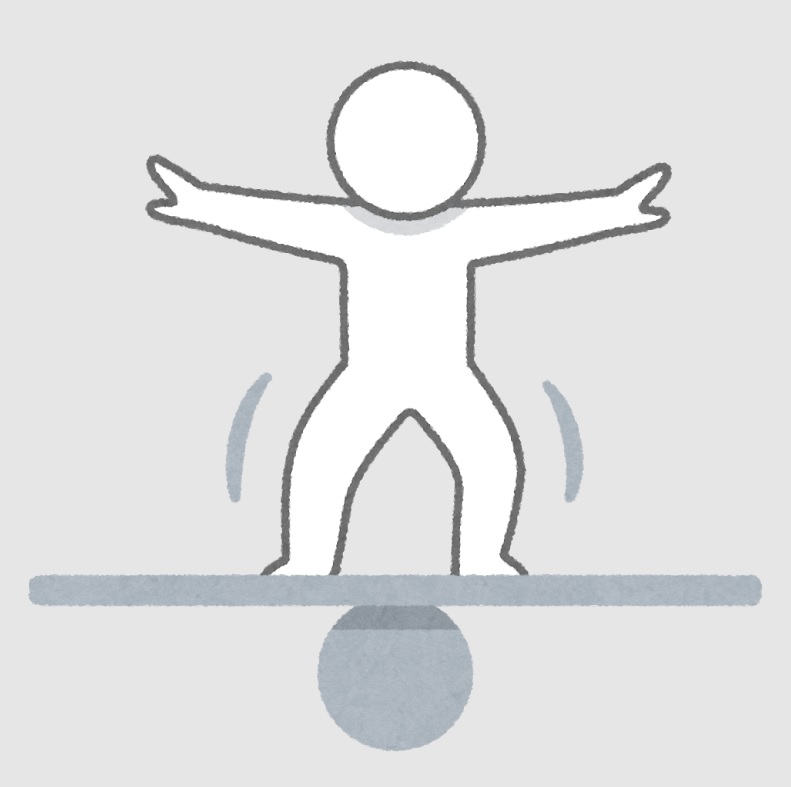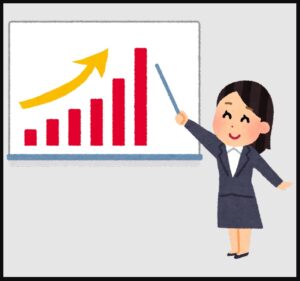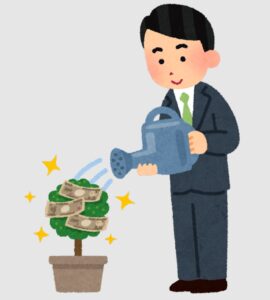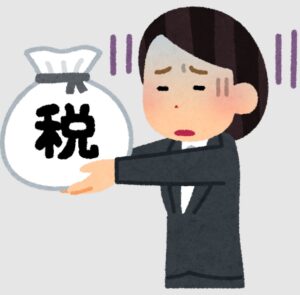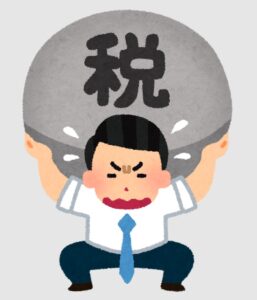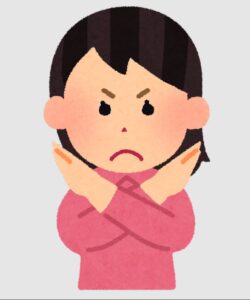管理人オススメコンテンツはこちら
「バランス感覚が大切|世界一貧しい大統領が教えてくれたこと」
〜前回のつづき〜
●つらい労働から解放される第一歩〜貯める力〜(つづき)
(1)貯める力とは一体何なのか?(つづき)
ただし日本においても
これだけは
万人に与えられてる訳では
ないんですね。
働かなくてもいい自由。
この
働かなくてもいい自由の事を
『経済的自由』と呼ぶんですね。
この自由が
国民全員に与えられてたら
ハッピーなんですけど
残念ながら
そうはなってないというのが
今の現実なんですね。
いつか
・働きたい人は働けばいい
・働きなくない人は働かなくてもいい
そういう時代が
来たらいいなぁと
あなたも思いませんか?
でもまだまだ
そういう時代は
来なさそうですね。
私達が生きてる間には
難しいのではないかと思います。
だから
経済的自由というのは
自ら勝ち取りに行かなくては
いけない訳ですね。
「自由はお店に売ってない。
自分で勝ち得るしかない」
これはウルグアイの
世界一貧しい大統領で有名な
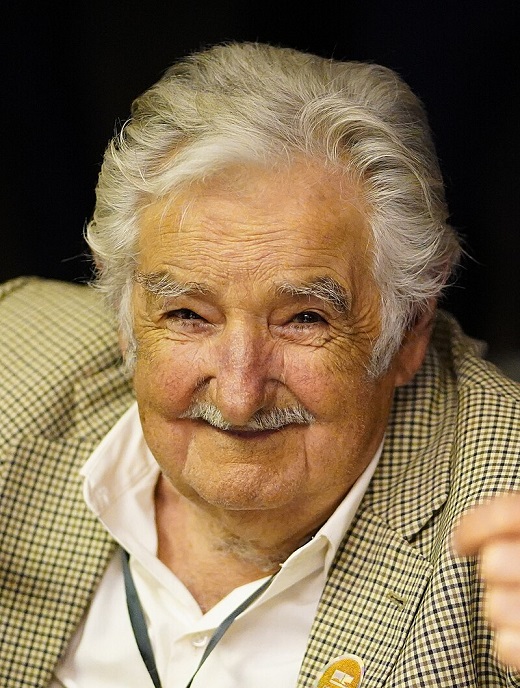
(出典:Wikipedia)
ホセ・ムヒカの言葉だと
言われています。
経済的自由を勝ち取る為の
一番重要な力というのが
『貯める力』であるという事に
なってくる訳です。
だから
一番最初の大事な力なんですね。
(2)貯める力のレベルの測り方
貯める力のレベルを
どのようにして測るのかというと
・貯蓄額
・貯蓄率
・生活の満足度
この3つで測るんですね。
2-a)貯蓄額
貯めた金額の事です。
年間30万円貯めたAさんよりも
年間50万円貯めたBさんの方が
貯める力は有りそうですね。
でもこれだけだと
判断出来ないんですよ。
金額だけで
「僕は今年30万円貯めた!」
「私なんか今年50万円貯めたんだよ!
だから私の方が貯める力が有る!」
これは確かに
一つの指標では有るんですけど
でもこれだけでは
判断出来ないんですね。
貯蓄率も合わせて
チェックする必要が有るんですね。
例えば
Aさんの年間の手取り額が
300万円だとすると
年間30万円貯めたら
Aさんの貯蓄率は
10%なんですね。
一方でBさんの
年間の手取り額が
1千万円だとすると
年間50万円貯めたら
Bさんの貯蓄率は
5%なんですね。
だから
この貯蓄率で見ると
Aさんの方が優秀なんですよ。
2-c)生活の満足度
更にこの満足度というのも
気にする必要が有るんですね。
貯蓄をする為に
人生の満足度が極端に下がってしまうと
意味が無いんですよ。
ケチケチ生活では
意味が無い訳ですよね。
求められるのは
『バランス感覚』なんですよ。
これが
すごく大切なんですね。
生活の満足度まで
気にして出来るという人が
意外と貯める力が低いんですね。
結局自分の心の声に向き合って
自分が
・大切だ
・重要だ
と思う支出は残す訳です。
これは人によって違うんですよ。
〜〜〜つづく〜〜〜
Special Thanks college president Ryo.
●おまけ
≪≪perplexityちゃんによる文章まとめ≫≫
経済的自由、つまり「働かなくてもいい自由」は、誰もが自動的に手に入れられるものではなく、自分自身で勝ち取る必要があります。
そのための第一歩が「貯める力」を身につけることです。
貯める力のレベルは、貯蓄額、貯蓄率、そして生活の満足度の三つで測ることができます。
単に多く貯めればよいのではなく、収入に対する割合や、貯蓄のために生活満足度が下がりすぎないバランス感覚も大切です。
自分にとって大切な支出を見極めつつ、無理なく貯蓄を続けることが、経済的自由への確かな一歩となります。
Citations:
[1] https://www.jibunbank.co.jp/column/article/00329/
[2] https://www.walkerplus.com/article/1115912/
[3] https://news.yahoo.co.jp/expert/articles/571a25d12a7a97a638b73e8488d7c89a9ff78984
[4] https://survey.gov-online.go.jp/living/202412/r06/r06-life/
[5] https://www.nippon.com/ja/japan-data/h02203/
≪≪Chat-GPTくんによる英訳≫≫
~Continuation from Last Time~
【The First Step to Freedom from Harsh Labor – The Power to Save (continued)】
(1) What Exactly Is the Power to Save? (continued)
However, even in Japan,
this one thing
is not guaranteed to everyone.
The freedom not to work.
This freedom —
the freedom not to work —
is what we call “financial freedom.”
It would be wonderful
if this kind of freedom
were available to everyone.
But unfortunately,
that’s not the reality we live in.
Don’t you also wish
for a future where:
Those who want to work can work,
Those who don’t want to work don’t have to?
It would be great
if such a time came, right?
But sadly,
it doesn’t look like that time
will be arriving anytime soon.
It might even be difficult
within our lifetime.
That’s why financial freedom
is something we must go out and earn for ourselves.
> “Freedom is not something you can buy at a store.
> You have to win it for yourself.”
This is a quote
attributed to José Mujica,
the former President of Uruguay
known as the “world’s poorest president” (source: Wikipedia).
And the most important ability
for achieving financial freedom
is the Power to Save.
That’s why it’s the very first essential skill to build.
—
(2) How to Measure Your Power to Save
So how do we measure this ability?
There are three main indicators:
Amount of Savings
Savings Rate
Satisfaction with Life
—
2-a) Amount of Savings
This is simply the total amount you’ve saved.
At first glance,
someone like Person B who saves 500,000 yen a year
seems more capable than Person A who saves 300,000 yen a year.
But this number alone
isn’t enough to judge someone’s saving ability.
For example:
> “I saved 300,000 yen this year!”
>
> “Well, I saved 500,000 yen!
> That means I’m better at saving!”
Sure, that’s one indicator,
but it’s not the whole story.
You also need to look at the savings rate.
Let’s say:
Person A has an annual take-home income of 3 million yen.
Saving 300,000 yen gives a savings rate of 10%.
Person B has an annual take-home income of 10 million yen.
Saving 500,000 yen gives a savings rate of 5%.
So when you look at savings rate,
Person A is actually doing better.
—
2-c) Satisfaction with Life
There’s another factor that must be considered: life satisfaction.
If your quality of life drops dramatically
just to save money,
then it defeats the purpose.
Living a miserly life
isn’t the goal.
What’s really important is
a sense of balance.
That’s the key.
Ironically,
people who overly fixate on saving
and neglect life satisfaction
often end up with lower saving ability.
Ultimately, you have to listen to your inner voice
and decide for yourself what expenses are:
Important
Valuable
These priorities differ from person to person.
Special Thanks OpenAI and Perplexity AI, Inc
